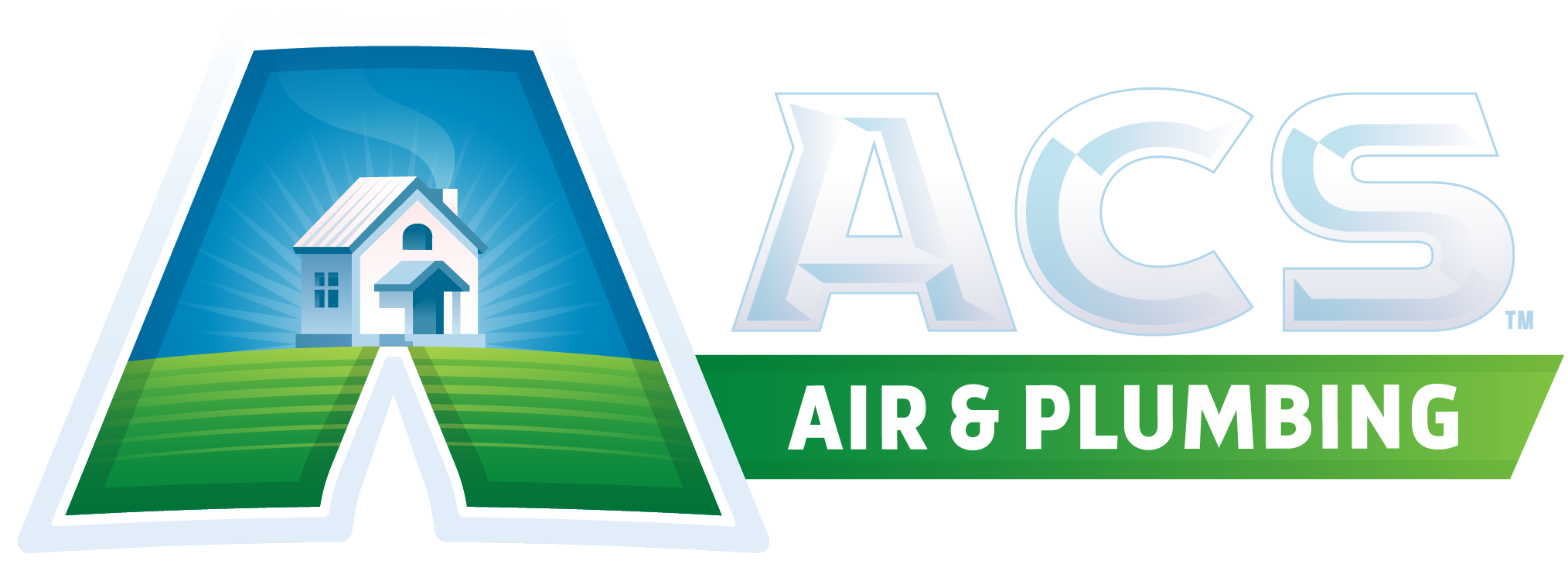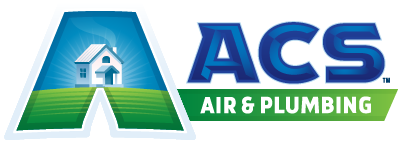Heat Pump Versus Furnace
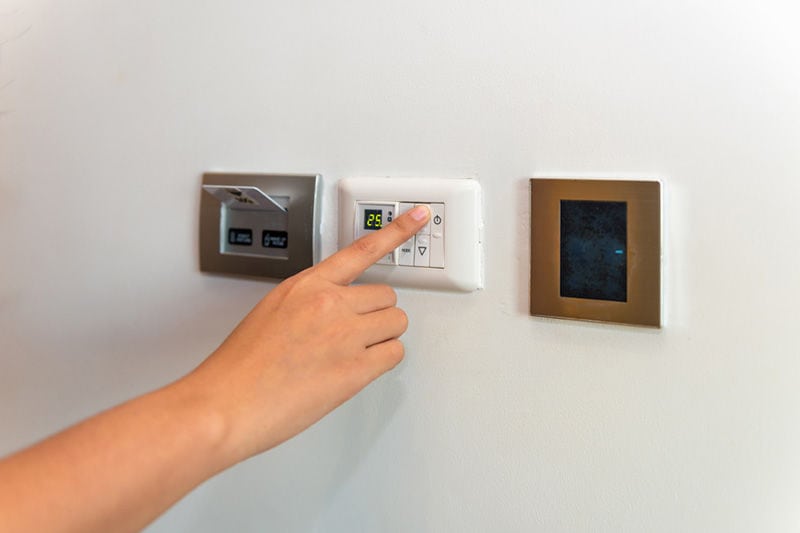
Looking to install a new heater in your Tucson home? Your two most popular choices are a heat pump and a furnace. Each one has advantages and disadvantages when compared to the other. The What’s What Here are some things to consider to help you in your decision-making process. And remember, you can always call one of […]
Why Air Duct Cleaning Is Important
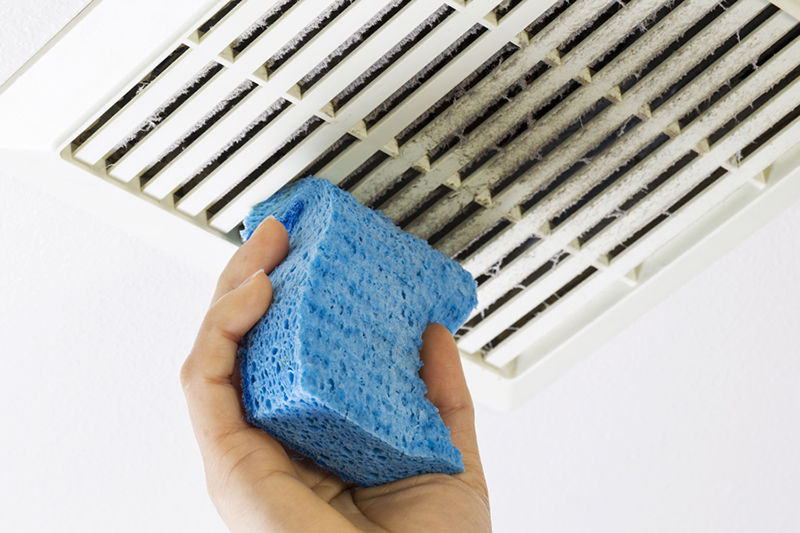
Just like your lungs are an important connection to the rest of your respiratory system, your home’s ductwork, or air ducts, are importantly connected to your heating, ventilation, and air conditioning (HVAC) system. For your HVAC system—and your lungs—to perform at peak level, the numerous airways need to be open and clear. All in the name of breathing […]
Fall Indoor Air Quality (IAQ)
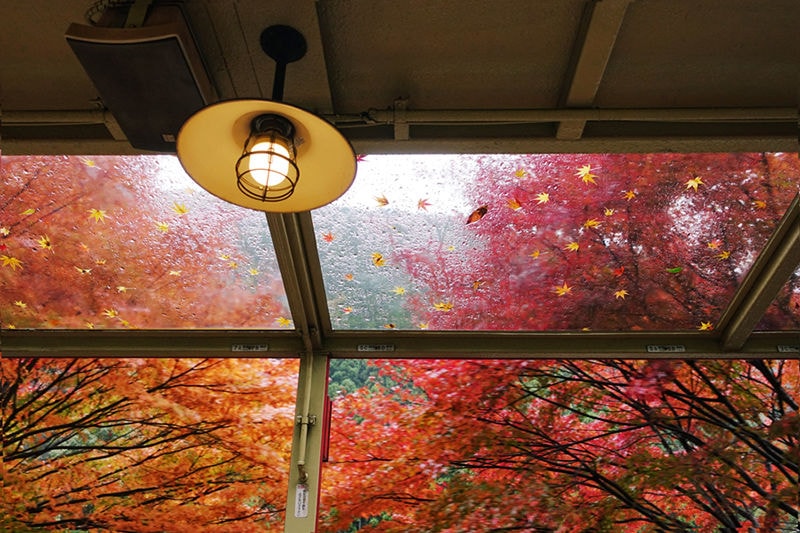
With fall now upon us in Tucson, cooler temperatures are here to stay. This transition from one season to another most definitely affects your home’s indoor air quality (IAQ). And your indoor air quality directly affects your comfort in your home. At ACS Air Conditioning Services, we know in cooler weather people tend to spend more time indoors […]
Fall HVAC Maintenance

As the saying goes, “Time and tide wait for no one.” Whether you’re prepared or not, the summer months and warmer weather are gone, moving aside for fall and cooler temps. That means here in Tucson you need to think about preparing your heating, ventilation, and air conditioning (HVAC) system for fall maintenance. Maintaining your heating and […]
What Are Zone Control Systems?

Some like it hot! Others, not so much. If you have a large home with multiple stories or a large household with family members who prefer different temperatures, consider installing a zone control system. A zone control system—or zoning—only provides the necessary cooling or heating that each zone in your Arizona home needs at the time. It not […]
How Environmental Issues Can Affect Your AC
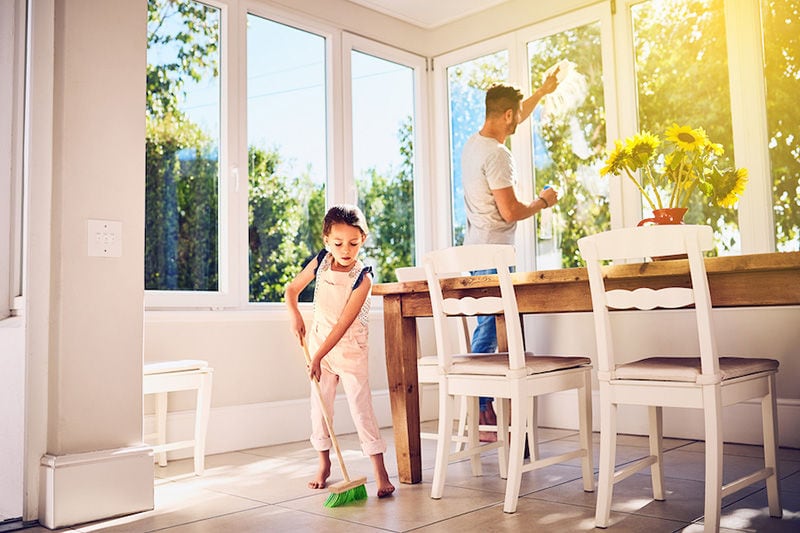
When you’re looking at how your air conditioner works, it can depend on a wide variety of factors. Most people realize that the brand you select, the size, the features, and the efficiency rating all play a role in how well an air conditioner will cool your Tucson home. However, many environmental issues also play a significant part in […]
How to Properly Size an AC System
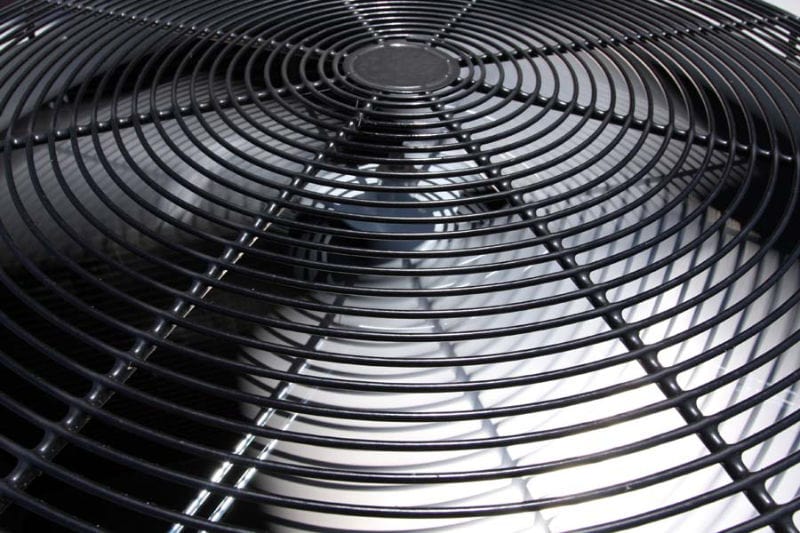
In the heat of the summer, it’s easy to assume that bigger is better when it comes to air conditioning (AC) systems. Obviously, if you have an air conditioner that’s too small in your Tucson home, you will not be able to keep your temperatures consistently low even if the unit is running constantly. However, if your […]
Improve Your Home’s Indoor Air Quality
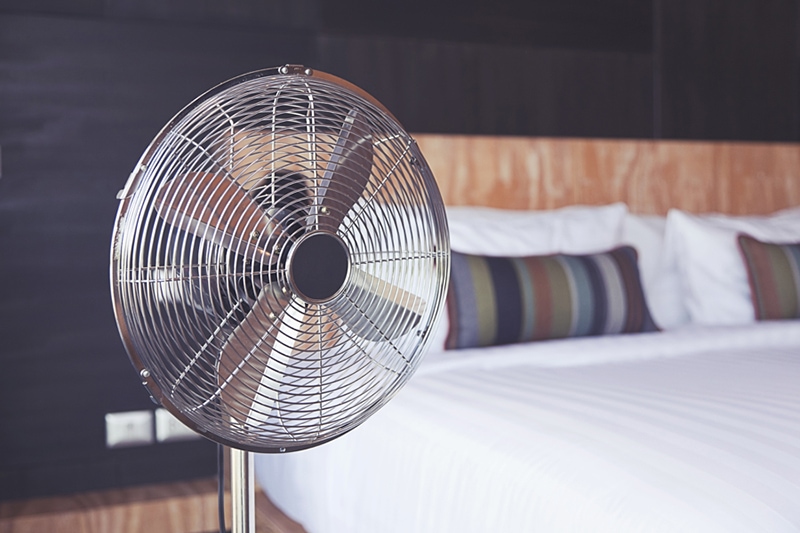
Stand outdoors on one of those days when the weather feels perfect, take a few deep breaths, and enjoy the fresh air. Later, take another deep breath—only inside your Arizona home. How does it compare? Improving the indoor air quality (IAQ) at your Tucson home or business makes sense on so many levels. Consider your health, your comfort, and your household […]
How to Eliminate Dust in My Home

Everyone has it, and nobody wants it. Dust. It’s rampant everywhere around the country and has become the subject of a lighthearted, frequently repeated myth at both the US Environmental Protection Agency (EPA) and the US Department of Agriculture (USDA). Officials at these agencies understand farming does not occur without creating dust. So the EPA […]
Know Your AC System

Whether it’s people, appliances, or air conditioning (AC) systems, the better you know them, the better you are able to care for them. Our team at ACS Air Conditioning Services knows air conditioners because it’s our business. We want to share just a little of our knowledge with you so you can extend the life […]

